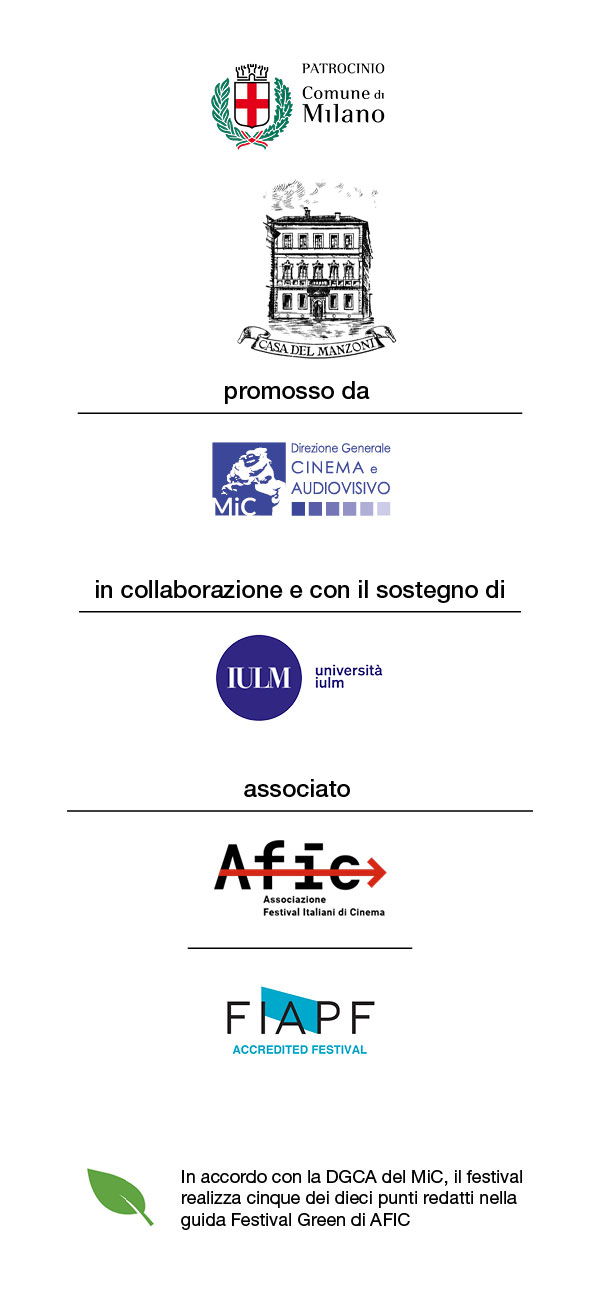
photo by Emanuele Scorcelletti
The French author received the Raymond Chandler Award and presented his novel L’inconnue de la Seine, newly published in Italy by La nave di Teseo.
Joining Noir from Paris, Guillaume Musso was handed his Raymond Chandler Award “remotely”. Interviewed by Corriere della sera journalist Candida Morvillo, for the occasion the French author also presented L’inconnue de la Seine, published by La nave di Teseo. “The origin of this book,” explained Musso, talking about “the unknown in the Seine”, “goes back to a true story that took place in the late 18th century. The body of a woman had been fished out of the Seine, and the coroner had made a death mask of the unknown woman. That mask was reproduced and turned into a sort of icon that inspired various writers. My aim was to craft a contemporary version, the difference being that, in my case, the person fished out of the river isn’t dead.”
In this novel, as in his other works, the writer experimented with several narrative genres. “I wanted to write a mystery novel that had a fantastical dimension. In literature, the fantastique is defined as that time lag that occurs when one’s reason comes up against something that is beyond one’s understanding. Which is more or less what happens to detective Roxane; for several chapters, she’s forced to proceed with an irrational investigation, given that the woman fished out of the Seine had died in an airplane crash the year before. I vastly enjoy writing books that straddle different genres.”
As Morvillo pointed out, the characters in the novel include a writer as well. “This character reflects my desire to create a couple composed of two quite different individuals. On the one hand, a young policewoman; on the other, the author, who has a close relationship with his own father, since one’s forties and fifties is a time when elderly parents need to be taken care of, and there’s an urge to spend as much time with them as possible.”
As far as the writing process itself, Musso declared, “In my case, writing is something that makes me suffer and takes hours and hours of work. Every morning I take my children to school and then I retreat to my study, where I work from nine in the morning until 8 at night. This solitude, being cut off from everything else, allows me to write. At its most intense, it means I wind out spending more time with my characters than with my friends and family.”
“Writing,” Musso continued, “represents a distraction for me, in the etymological meaning of the term. That is, something that distracts me from my life and projects me into the outside world.”
At the end of the talk, Elisabetta Sgarbi, Musso’s publisher, picked up his Raymond Chandler Award: the Brasher doubloon, a rare gold coin minted in 1787, which was named after its engraver in 1787. It was Philip Marlowe himself, in the 1942 novel The High Window, who was hired to track it down when the precious heirloom was stolen from the widow of the collector Murdock.


